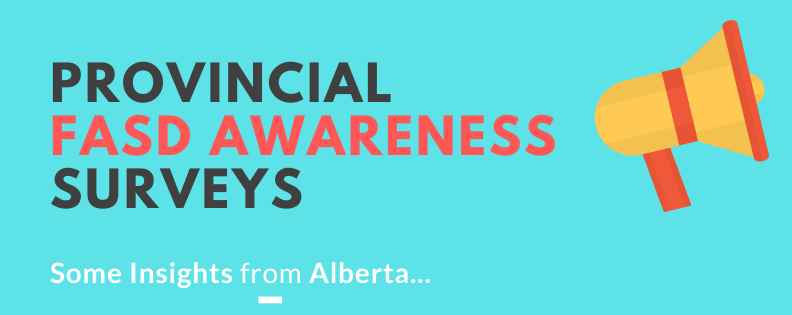This is how our study came to be. We realized there are a number of different tools and questions surveys use to try and measure the same thing: FASD awareness. We wanted to evaluate how effective these tools were in getting an accurate measurement of this concept.
What is a #WineMom and why should we talk about it?
Becoming a mother is a transitional period in a woman’s life involving a number of personal, social, and biological changes. However, researchers have found that our view of motherhood is influenced by our social and cultural norms. Motherhood is performative, meaning that women are expected to behave in ways that correspond to how we (as a society) think mothers should act. For … Read More
International Day of Women and Girls in Science
The United Nations designated February 11th as the International Day of Women and Girls in Science to highlight the lack of gender diversity in the fields of science, technology, engineering, and math (STEM). Less than 30% of researchers worldwide are women. This statistic highlights just how important it is to encourage women and girls to enter these fields, and to celebrate the … Read More
Alcohol-related deaths are on the rise
New research out of the United States has found that the rates of death from alcohol in women have risen by an unprecedented 85% between 1999 and 2017.
Top FASD Articles of 2019
We’ve selected a few of the research articles that have been published over the last year to highlight the recent work that has been done in the field of FASD. In 2019 we compiled a list of 230 articles that were published in the field of FASD. We narrowed our list of top articles down to 25 and focused on the … Read More
Let’s Talk About FASD and Mental Health
These numbers show that mental health is an extremely important consideration when discussing the needs, supports, and resources of individuals with FASD. Screening for mental illness early in the lives of individuals with FASD can be an important strategy to early identification and treatment.
#FeatureFridays – Our School Staff
In honour of the International Day of Education, we created a contest to celebrate the work that school staff across Canada have done to support individuals with FASD. We asked Canadians to nominate those teachers, principals, bus drivers, and administrators who have gone above and beyond to help their students succeed. These are some of our favorite entries!
3 Evidence Based Strategies and Programs to Support Students with FASD
We’ve pulled together 3 programs and strategies from recent research that are designed to support students with fetal alcohol spectrum disorder (FASD) to succeed in our education system.
Experiences in Education
These stories are peppered with repeating themes. In order to achieve success, individuals with FASD need parental and educational support, access to effective resources, programs, and services, and FASD-informed school staff.
Fetal Alcohol Spectrum Disorder (FASD) and Education
In Canada, we have a strong education system that offers free elementary and high school learning opportunities to all Canadians. However, the structure of our education system does not necessarily take into account the varying needs of all learners across our nation.




